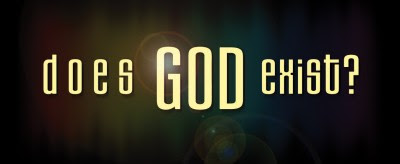Resurrection Series Part 10: Conclusion

Welcome to part 10 of the Resurrection series -- our final post based on the book The Case for the Resurrection of Jesus . You can find all proceding parts here . In this post, we will continue with a few more objections to the Resurrection before reaching the conclusion. I hope you have enjoyed this series! Christ is Risen: He is risen indeed! Though the Resurrection is not in dispute, many will try to downplay the witness of the disciples by comparing it to other religions. For example, Joseph Smith and eleven witnesses all claimed that they experienced supernatural appearances, so what is the difference between the supernatural experiences of Jesus and the twelve disciples? A close examination of this point will reveal that while Jesus’ disciples suffered for and died for their beliefs, six of the eleven witnesses to Moroni’s gold plates left the Mormon Church! But even if these witnesses had seen the golden plates, this does not mean that there is anything valid contained w...







